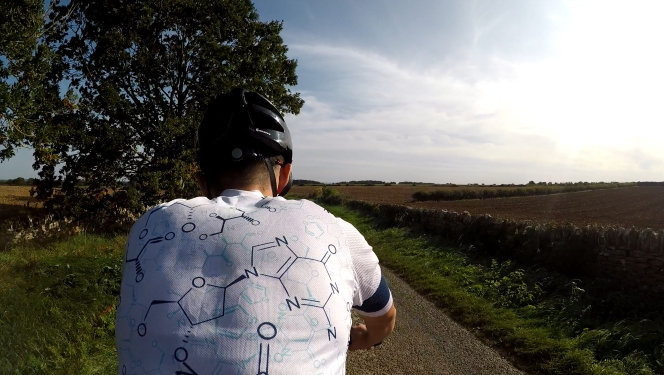Project Description
Today (Wednesday 23rd September 2020) is the first of the last 100 days of the year. That is, to achieve a 100 day streak in 2020 one needs to start today. I find this arbitrary allotment of time a motivating opportunity to build new and better habits; it is a race to create change before the year is out. I also think sharing the process publicly will help me keep more accountable. Here are the habits I aim to build (and break) by the end of 2020.
The List
- Exercise to start the day
- Sweat for at least 10 minutes
- Work on mobility and flexibility too
- Practice meditation
- Avoid consuming junk content
- Avoid consuming junk food
- Achieve “Inbox Zero”
- End the day by reading a (physical) book
- Avoid eating in the middle of the night
Health and Fitness
It seems universal that people want to improve their health, but almost equally common that people’s habits don’t perfectly align with that desire. I am trying to correct that cognitive dissonance in myself.
Exercise
Start the day with exercise; I know days where the first thing I do is exercise go better than days when I don’t, but it’s not an ingrained habit yet to train first thing in the morning. Exercise every day as consistency beats intensity. Gentle recovery work outs are better than nothing at all. Additionally the physical and mental improvements from regular exercise are felt almost immediately. I want to focus on consistent flexibility and mobility work, i.e. stretching (static and dynamic) and foam rolling every day. When I do this regularly my strength and fitness improves. When I stop I get injured.
Mindfulness
For me, meditation primarily builds awareness. From this awareness, I can make better decisions and know what the state of my mental health actually is. Practicing mindfulness and meditation also leads to calmer, more focused days.
Diet
I generally eat well, but my worst food habit is waking in the small hours of the morning and eating a bowl of porridge oats or a tub of leftovers. Whilst occasionally a 150 g serve of oats at 2 am can be helpful (e.g. the morning of a long run) it is currently unnecessary extra fuel. Usually the midnight snack is not followed by appropriate dental hygiene either, so increasing my risk of dental issues.
Some foods are simply not good nutrition (e.g. potato chips, doughnuts). I aim to shift these from being “sometimes” foods to being “never” foods.
Content Consumption
My thoughts reflect the content I consume, and so improving that content should improve my thinking. For improving sleep, taking the time to read a physical book as the last event of the day avoids the physical effects of backlit monitors, and provides more focused content free of attention grabbing digital distractions. Those distractions I could do without more generally: Reddit provides the anonymous opinions that I don’t actually need to read. Chess is mostly an escape from stressful thoughts where I should action the issue at heart. Shopping websites pit my simple mind against elegantly a/b tested marketing research, and I could be less consumerist. Pornography is stimulating, but can be desensitising.
Productivity and Personal Development
Get more organised to get more (hopefully good) done. “Zero Inbox” is the one habit I’ve already failed on the first day, but it is an ideal I am working towards. Action or deliberately postpone everything in my inbox at the end of the day.
Personal reflection is a habit I have mostly developed, but could improve the consistency of. I can guide my own personal growth by taking some time at the end of each day to reflect on the events of the day, what I did well, what I could have done better, what I learned, and what I need to focus on in the days to come.
Alternative Ideas
These habits are not on my list for the last 100 days, but if you are inspired to try achieving a similar 100 day streak, these are the first few I would recommend:
– Don’t smoke cigarettes: probably the best thing a typical person can do for their health
– More generally, avoid abusing substances, including alcohol
– Follow your doctor’s instructions regarding prescribed medication (seems obvious but actually is a significant issue in health care)
– Stop eating meat: a significant improvement to impact on land use and climate, with some possible health benefits
– Decrease expenditure below income: simple financial management









